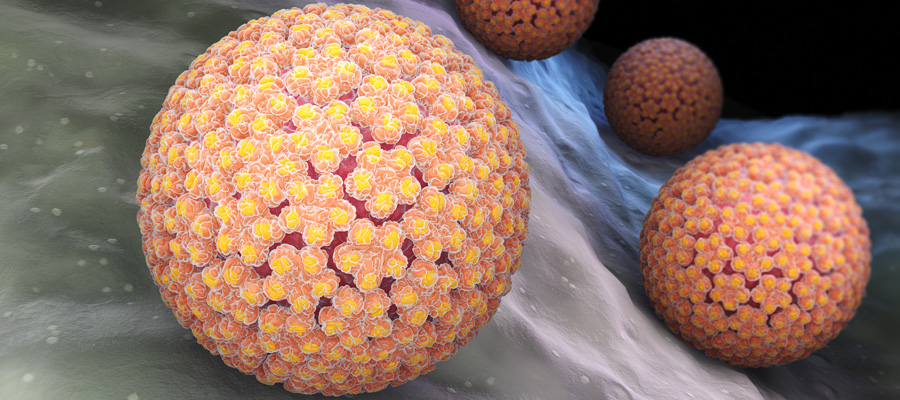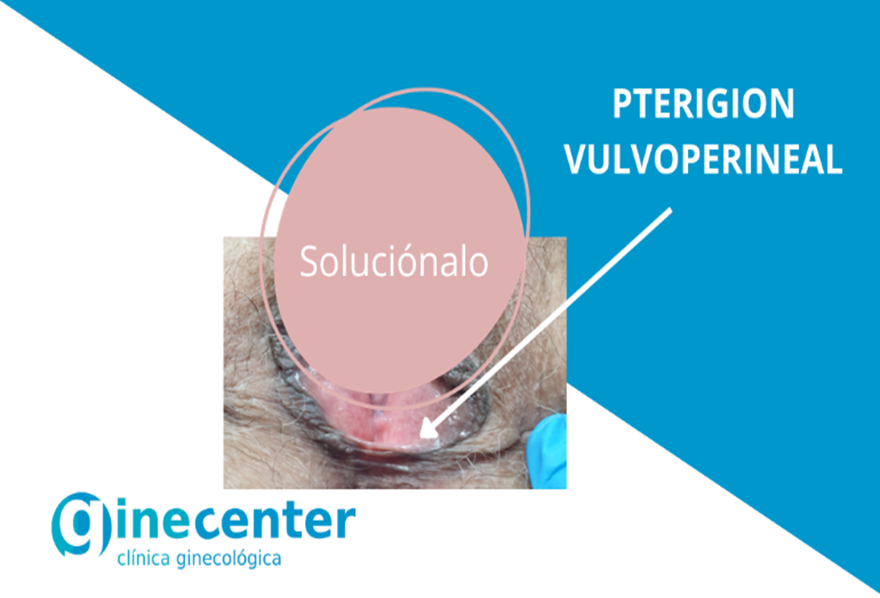Sexually transmitted diseases (STDs) or sexually transmitted infections (STIs) are infections that are passed from one person to another through sexual contact.
This contact is usually vaginal, oral, or anal, however transmission can also occur through other forms of close contact.
There are several types that exist:
- Fungi
- Bacteria
- Viruses
They are infections, or health disorders, some of which go almost unnoticed or produce very few symptoms, while others cause more serious symptoms.
The infection period is usually asymptomatic. You won’t be aware of it and will feel nothing or almost nothing, however during this time you can infect other people.
If you suspect you may have an STI, it is important that you seek medical attention immediately.
More than 30 different types of sexually transmitted diseases exist across the world, and their exact impact is broadly undefined.
85% of known cases occur among people between the ages of 15 and 30, with the most prevalent being the “Human Papillomavirus (HPV)“, which is so common that almost all sexually active men and women contract it at some point in their lives. There are different types of HPV, some of which are harmless and disappear spontaneously, whereas some types can cause genital warts or even cancer.
How do I know if I have HPV?
HPV is diagnosed through specific vaginal discharge tests, usually by means of a cytology.
Lesions that appear externally (condylomas) are easily diagnosed, and no tests are usually necessary.
If they are located on the cervix, they can be diagnosed early through a cytology. However, to determine whether the lesions are benign or malignant, a biopsy will be required. This is one of the reasons why it is so important to regularly have a check-up.
What can I do to get better?
Monitor yourself and seek treatment according to the instructions issued by your doctor (gynaecologist, dermatologist, general practitioner, etc.).
At our clinic we offer laser procedures specifically designed to treat this type of lesion (genital wart removal).
The procedure is quick, in most cases does not require local anaesthesia and tends to heal well.
Depending on the type, the time it will take for the lesion to fully disappear will vary from patient to patient.
This type of treatment is available for both men and women.
How can I prevent HPV?
As your partner may be the carrier of the virus, even if he or she has no symptoms, a condom should always be used during sexual intercourse.
HPV can also cause genital warts or certain types of cancer in men.
The HPV vaccine is a very important tool in preventing the spread of the disease. It protects against the virus and is effective in 90% of cases, including the most serious ones.
It is highly recommended that both men and women get the vaccine.
The vaccine is administered in 3 doses and targets the types of HPV that most commonly cause cervical cancer and some cancers of the vulva, vagina, anus, and oropharynx. It also protects against genital warts.
Do you think you may have been infected with HPV or would you like to prevent infection?
The HPV vaccine to prevent cervical cancer is recommended for girls from the age of 12 and women up to the age of 26 (if they have not been vaccinated or have not completed the recommended dosage). If someone has not had the vaccine in this age range, it is important to be vaccinated.
If cytology results prove to be suspect, the diagnosis should be confirmed through a biopsy and a pathological report (microscopic study of the affected tissue), which will definitively confirm the presence of the disease and allow for suitable treatment options to be recommended.
If you suspect you may have any symptoms, or if you have any doubts or queries, please do get in touch with us.


